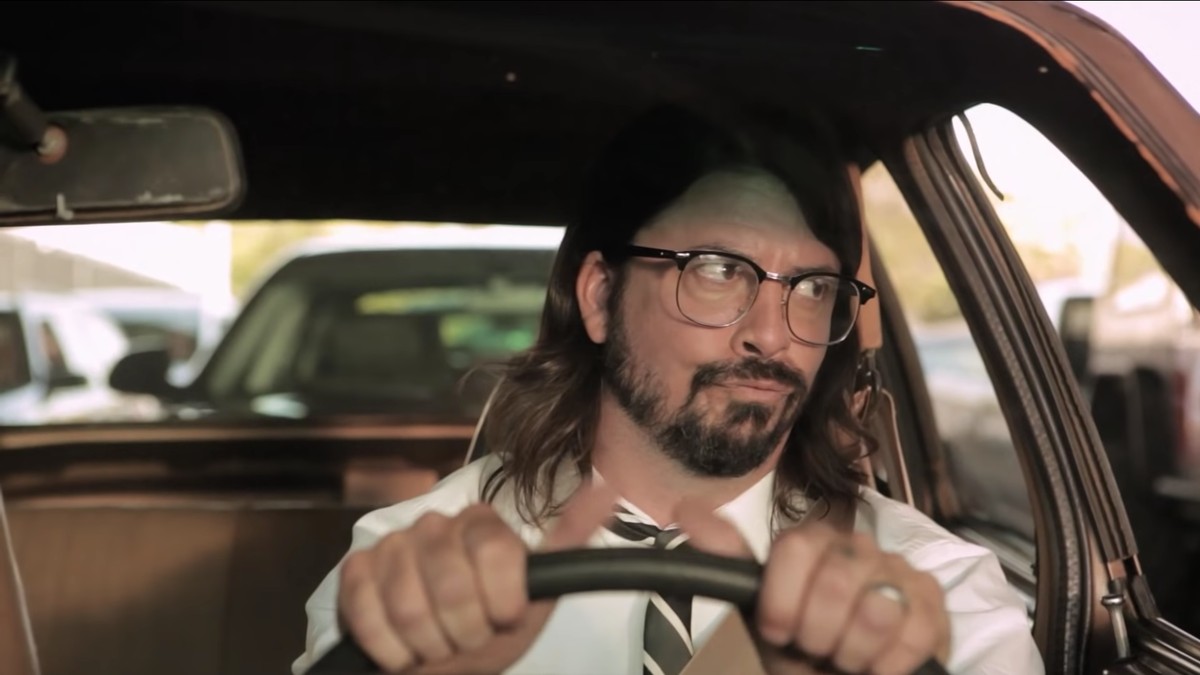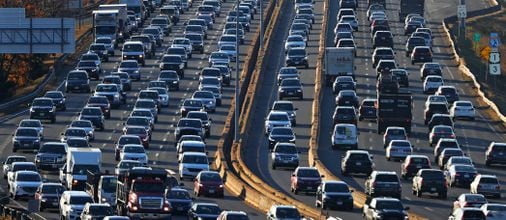- Dec 10, 2005
- 24,075
- 6,885
- 136
The re-introduction of the Hummer thread, since zapped to The Garage, made me think of the articles below. Car culture is killing our cities and costing us tons of money, and EVs are not going to save us from the current traffic and parking crises we have wrought upon ourselves.

 www.vice.com
www.vice.com

 www.bostonglobe.com
www.bostonglobe.com

Cars Make Your Life More Expensive, Even If You Don't Have One
Cities are designed for cars and you’re paying for them in hidden costs and higher rent.
Donald Shoup, an urban planning professor at the UCLA, said North America’s bias towards cars is evident in zoning rules, which separate the areas where people work from the places where they live, and shop, and encourages car use and urban sprawl. “Zoning makes it really hard to live without a car,” he said in an interview.
According to Shoup, when cities offer “free parking,” at the mall or on the street for example, it’s a public subsidy for people who can afford a vehicle. He estimated that the U.S. spends between US$102 billion and US$374 billion on free parking, which is “somewhere between what we pay for Medicare and national defence.”

The Massachusetts car economy is costing us $64 billion a year, and we barely notice it - The Boston Globe
A new Kennedy School report reveals what car culture costs us all.
“...the real price Massachusetts pays for its vehicle economy is much, much higher. Now, thanks to an ambitious research project by a team of graduate students at the Harvard Kennedy School, we have an idea of just how high: $64.1 billion a year.
That astronomical estimate includes all the things we don’t often think about when we get into our cars — costs that extend far beyond what we pay at the dealership or the pump. And the biggest slice of that giant pie gets paid for before anybody actually signs a lease or gets behind the wheel.? So many of the expenses associated with cars and roads are borne by the public that the average family in Massachusetts is on the hook for about $14,000 a year, whether they own a car or not, the study found.
For those who do own vehicles, the average annual costs nearly double.?
‘We never talk about the costs of driving,’ said Rep. Seth Moulton, who suggested the study to Linda Bilmes, the Kennedy School public policy professor who oversaw the work. ‘We always talk about subsidies that go to railway passengers, but never the subsidies that go to drivers. ... We are subsidizing the least efficient way to get around.’”


